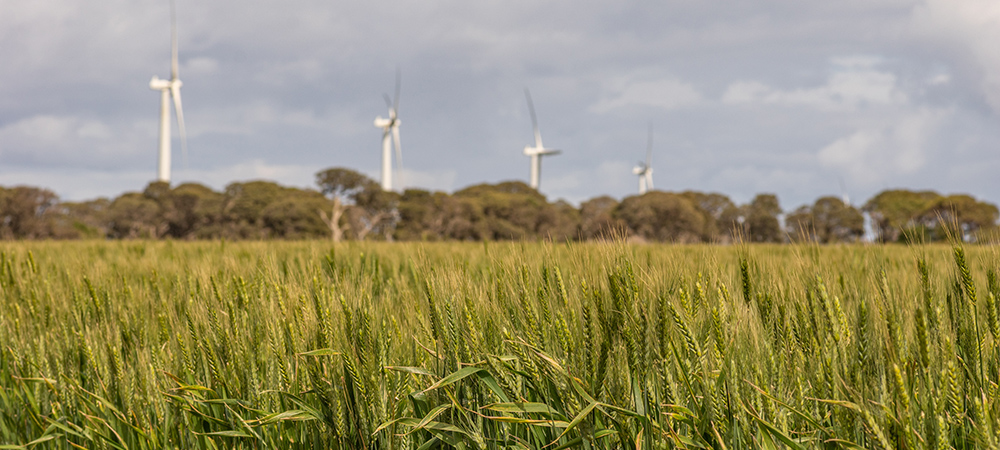Small- and medium-sized enterprises (SMEs) are proving they can go toe-to-toe with corporate giants when it comes to sustainability reporting, especially in tackling the environmental impact of their tech stack. Recent findings from Wasabi make it clear: almost two-thirds of SMEs with up to 499 employees (62%) believe they can provide accurate information about the emissions of their technology infrastructure, compared to 74% of larger companies.
The backbone of the UK’s economy: Financially and environmentally
Behind every click on a website, file download and upload lies an often-overlooked climate cost. Emissions from a company’s tech infrastructure and cloud computing fall under Scope 3, the indirect emissions across the value chain that can make up as much as 75% of a business’s total carbon footprint. That means every digital decision, from data centres to software stacks, carries weight in the race to net zero. In the UK, where 99.9% of all businesses are SMEs, these firms aren’t just participants; they’re pivotal. As the backbone of the British economy, their tech choices will shape the nation’s sustainability story.
With the UK’s Sustainability Disclosure Requirements (SDR) expected to roll out from 2026, there is increasing pressure on SMEs to prepare for greater transparency. While the initial focus is on larger organisations, the evolving regulatory landscape, combined with growing expectations from investors and supply chains, means SMEs will soon face stronger demands to disclose their environmental and social impacts.
SMEs aren’t taking any chances: more than half (57%) already feel confident in the accuracy of their emissions data for on-premises and private cloud tech. And when it comes to Scope 3 emissions from public cloud services, often the most complex to track, nearly half (44%) are certain they have reliable figures, with another third (39%) relatively certain.
Lack of trust in technology providers
Despite their optimism, small- and medium-sized businesses are struggling to get the support they need for accurate reporting. Half (50%) say their tech partners and vendors aren’t giving them a clear or reliable picture, while nearly a third (29%) blame the sheer number of vendors they work with for muddying the waters.
It’s a data dilemma and it highlights the key needs for SMEs reporting on sustainability. Nearly half of companies (47%) say their technology providers need to do more to improve access to emissions data. And in today’s tech landscape, it’s more important than ever to read the data nutrition label: 49% say they need to trust that the data coming from their vendors is accurate and high quality.
The consequence of poor reporting
Inaccurate emissions reporting is eroding trust and clouding decision making across businesses, but the impact isn’t felt equally. Nearly half of SMEs (45%) say it shakes confidence in their sustainability efforts, while the figure rises to 51% for larger firms. And when it comes to planning future tech investments, poor data is a major roadblock for both groups, with roughly the same amount (42% of SMEs vs 43% of big businesses) struggling to make informed decisions.
“SMEs are the unsung heroes of sustainability; quietly, but powerfully driving progress toward broader environmental goals,” said Kevin Dunn, Vice President and General Manager of EMEA at Wasabi. “To keep that momentum going, they need real support from their technology partners. Right now, the environmental impact of digital infrastructure is hidden in a black box. Without clear, trustworthy emissions data from tech providers, SMEs are flying blind, and that puts them at real risk. With the right transparency and backing, these businesses can become an even greater force for sustainable change than they already are.”




